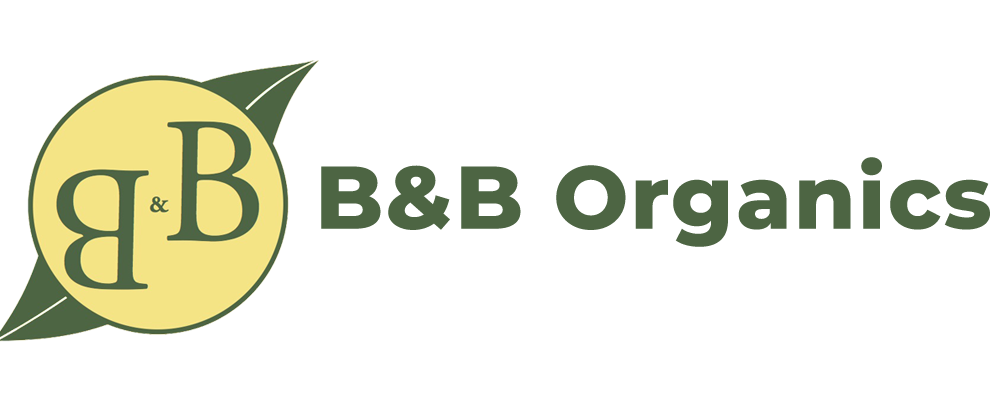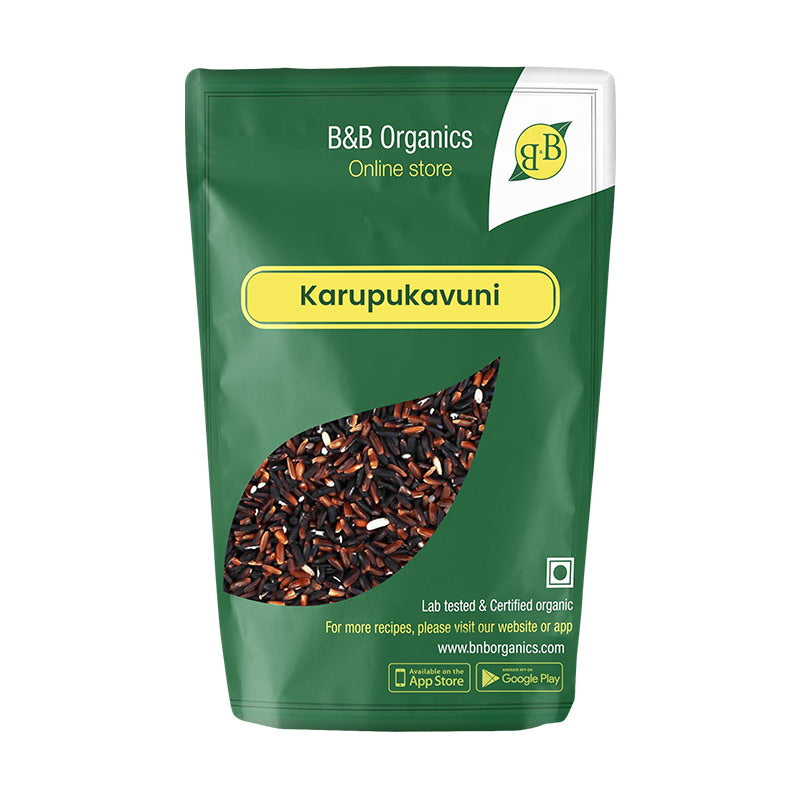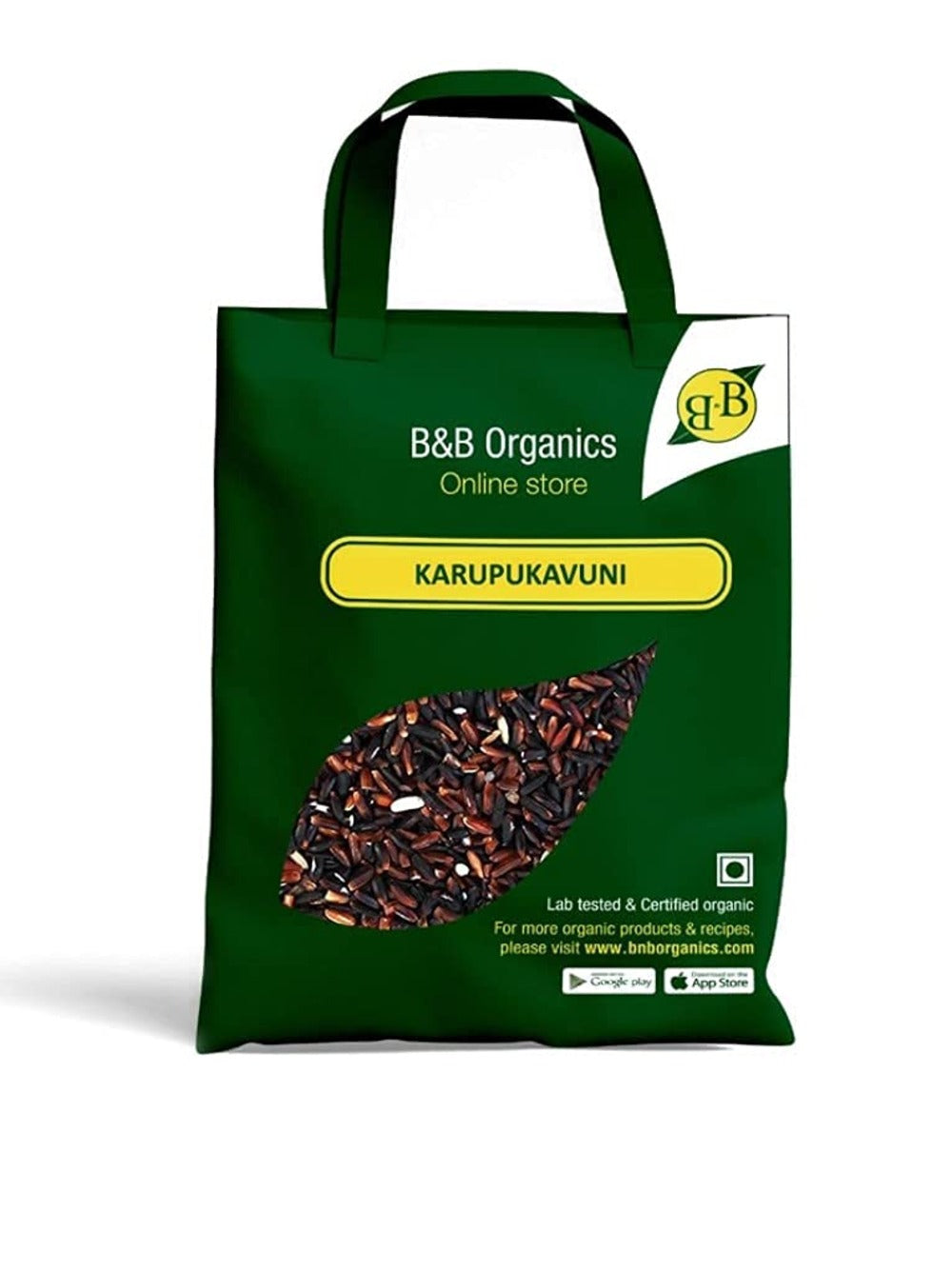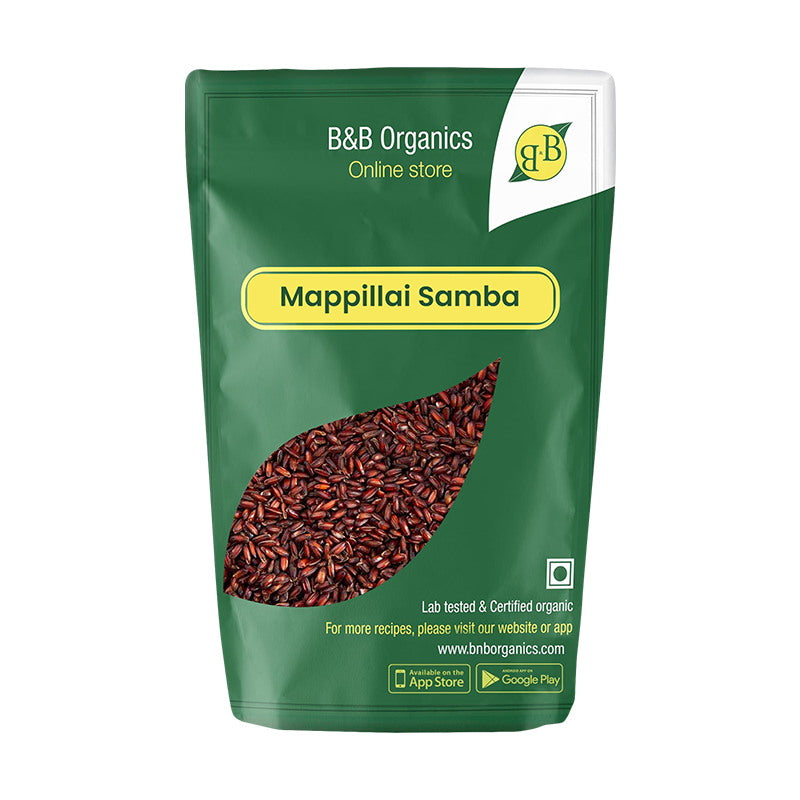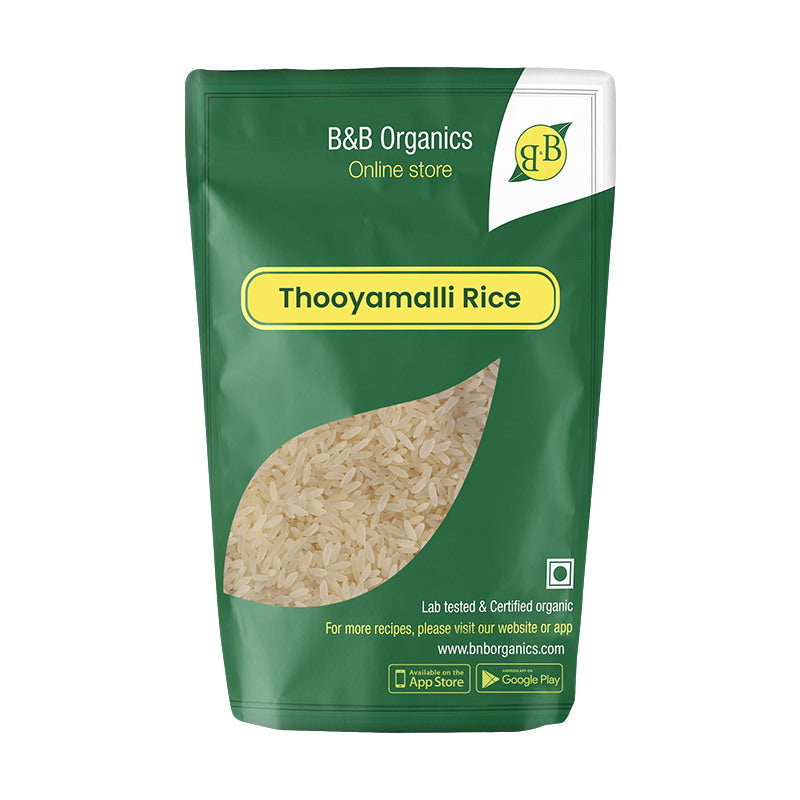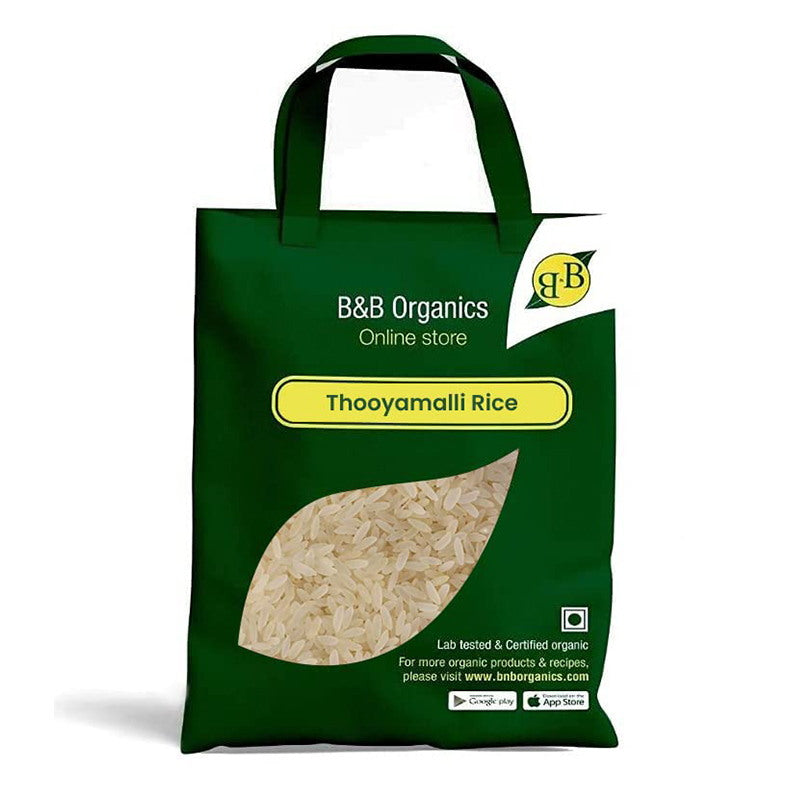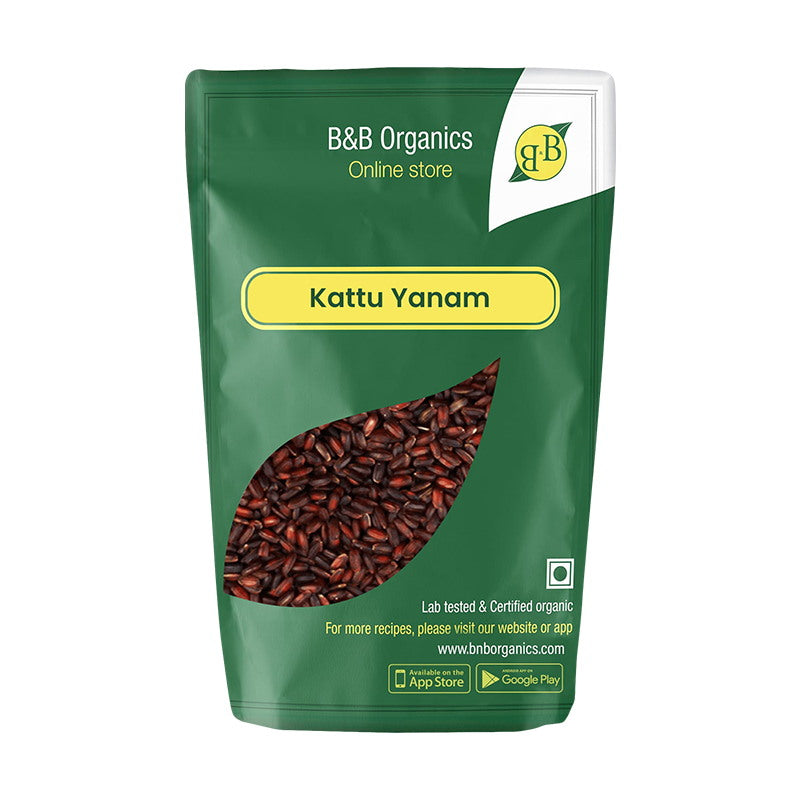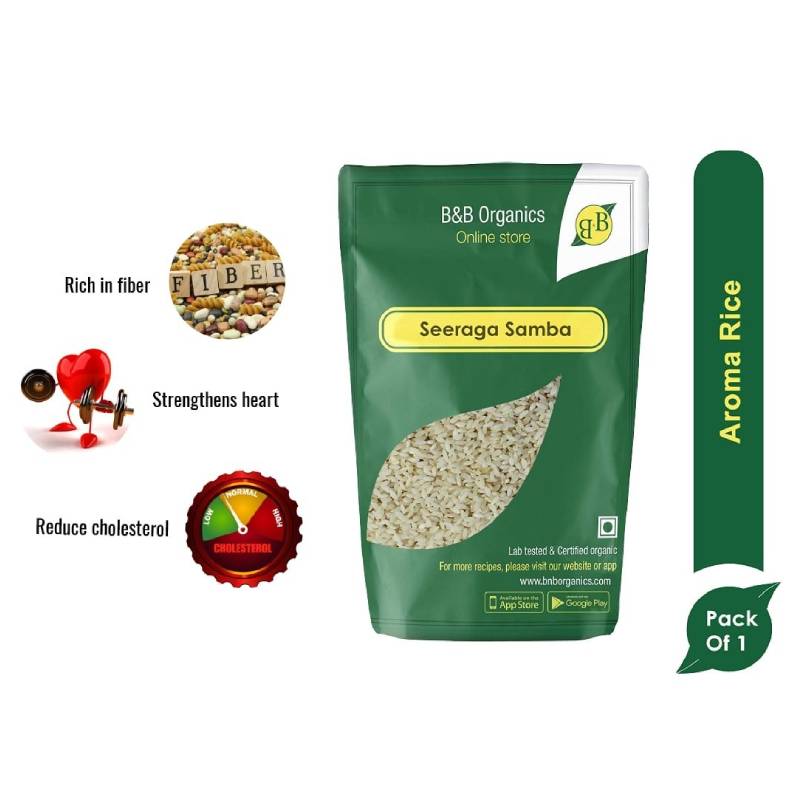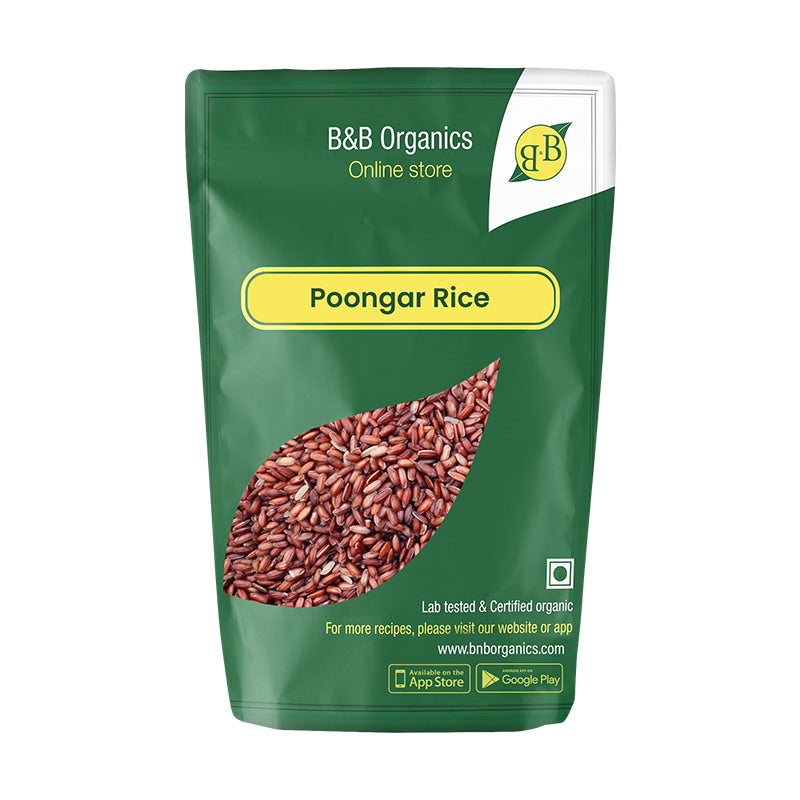Eczema is a persistent skin disease that impacts millions of individuals around the world. It is distinguished by itchy, dry, and inflammatory skin that can be painful and hard to control. While there is no cure for eczema, there are several natural remedies that can help to alleviate symptoms, including honey. In this article, we will explore the benefits of using honey on eczema, the research behind it, and how to use it effectively.
Benefits of using honey on eczema
Moisturizing:
Honey is a natural humectant, which means it attracts and retains moisture. This makes it an excellent natural moisturizer for dry, eczema-prone skin. Honey can help to hydrate the skin and prevent further dryness and flakiness.
Anti-inflammatory:
Honey has natural anti-inflammatory properties, which can help to reduce redness, swelling, and itching associated with eczema. It can also help to soothe irritated skin and promote healing.
Antibacterial:
Honey has natural antibacterial properties, which can help to prevent infections and promote healthy skin. This can be particularly beneficial for eczema-prone skin, which is often more susceptible to infections.
Antioxidant:
Honey is rich in antioxidants, which can help to protect the skin from damage caused by free radicals. This can help to reduce inflammation and promote healthy, youthful-looking skin.
Research on using honey for eczema
While there is limited research specifically on using honey for eczema, several studies have investigated its potential benefits for other skin conditions. A 2018 study published in the Journal of Cosmetic Dermatology found that a honey-based ointment was effective in treating atopic dermatitis (a type of eczema) in children. The study concluded that the honey-based ointment was safe, well-tolerated, and effective in reducing symptoms of atopic dermatitis.
Another study published in the International Journal of Dermatology found that honey was effective in treating wounds and ulcers. The study concluded that honey was a safe, effective, and affordable alternative to traditional wound care products.
How to use honey for eczema
If you decide to use honey for eczema, it is important to choose a high-quality, pure honey that has not been processed or adulterated with other ingredients. Here are some tips on how to use honey effectively for eczema:
Start with clean, dry skin. Gently wash the affected area with a mild cleanser and pat dry.
- Apply a small amount of honey to the affected area. You can use a clean finger or a cotton swab to apply the honey.
- Leave the honey on the skin for at least 20-30 minutes. You can also leave it on overnight for more intensive treatment.
- Rinse the honey off with warm water and pat dry.
- Follow up with a moisturizer or other skincare products as needed.
- It is important to note that some people may be allergic to honey or bee products. If you have a known allergy to honey, it is best to avoid using it on your skin.
Conclusion
Honey can be a beneficial natural remedy for eczema, thanks to its moisturizing, anti-inflammatory, antibacterial, and antioxidant properties. While there is limited research specifically on using honey for eczema, studies have shown that honey can be effective in treating other skin conditions. If you decide to use honey for eczema, be sure to choose a high-quality, pure honey and follow proper skin care practices. If your eczema symptoms persist or worsen, be sure to consult with a healthcare professional for further evaluation and treatment.
